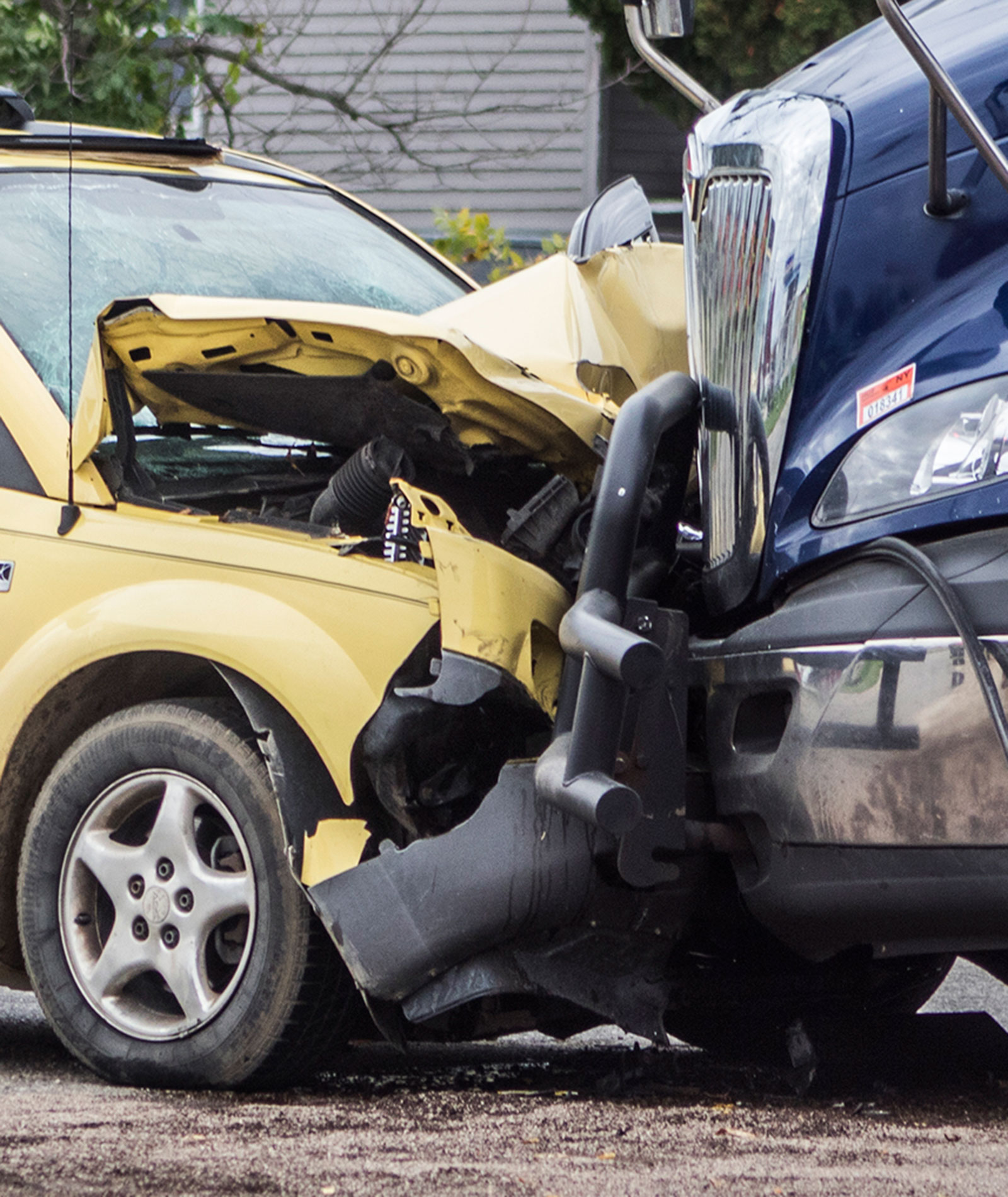Wrongful Death Appeal Discusses Statutory Requirements for Expert Witnesses in Florida

In personal injury actions, it is frequently necessary to help the fact-finder understand how the alleged negligence caused the injury to the plaintiff. Often, this is accomplished by expert testimony, which is guided by Florida Statutes and Rules of Civil Procedure (See Fla. Stat. §90.702 and Florida Rule of Civil Procedure 1.390.) The court first determines whether expert testimony is appropriate for the subject matter. This may include an assessment of whether or not there is recognized science or specialized knowledge available to support the subject. The court then decides whether the witness offered by counsel is qualified to testify.
The Third District Court of Appeal recently reviewed whether or not sanctions were appropriate after the trial court dismissed a wrongful death action when it determined that the estate did not comply with the statutory requirements guiding expert witness qualifications in medical malpractice lawsuits. In Bery v. Fahel (3D15-0756), the personal representative filed suit against a family practitioner, relying on the affidavit of an emergency medical physician to support the allegations against the defendant family practitioner during the initial stages of the litigation. The defendant moved to dismiss, claiming the estate failed to comply with Fla. Stat. §766.202 and Fla. Stat. §766.203. The trial court agreed with the defendant and dismissed the lawsuit. The personal representative appealed, but the appellate court affirmed the lower court’s ruling. On remand, the trial court awarded the defendant fees and costs as part of the sanctions, and the estate appealed once more.
Fla. Stat. §766.202 and Fla. Stat. §766.203 add additional responsibilities for the injured party to meet when a personal injury action involves medical malpractice. The injured person or the estate must conduct a pre-suit investigation prior to issuing a notification of intent to initiate medical negligence litigation. This investigation is supposed to establish whether there are reasonable grounds to believe there was negligence in the care or treatment of the injured person, and whether the negligence caused the injury. The law dictates that the affidavit must be completed by a medical expert who regularly engages in the practice of his or her profession and specializes in the same specialty as the defendant.
In this appeal, the Third District ruled that the party’s failure to provide a supportive affidavit from a qualified medical expert is evidence there was no reasonable basis to file the lawsuit. This failure, per Fla. Stat. §766.206, means that the other party may be subject to sanctions. The appellate court pointed that not only did the estate fail to satisfy the statutory requirements, but also the attorney for the estate continued to use the disqualified affidavit after it was disclaimed and withdrawn. The assessment of fees and costs was upheld.
In a Florida wrongful death action, an estate or family member may face many challenges created by case law and Florida statutes. Bery reveals the importance of experienced personal injury counsel who understand the law and how to effectively utilize expert witnesses. For a free, confidential consultation, call the Port St. Lucie wrongful death attorneys at Donaldson & Weston today at 772-266-5555 or 561-299-3999.
More Blog Posts:
Florida District Appellate Decision Allows Woman Injured by Slip and Fall to Pursue Negligence Action Against County, South Florida Injury Lawyer Blog, April 19, 2016
Florida District Court of Appeal Reviews Grocery Store Slip-and-Fall Case, South Florida Injury Lawyer Blog, March 9, 2016
